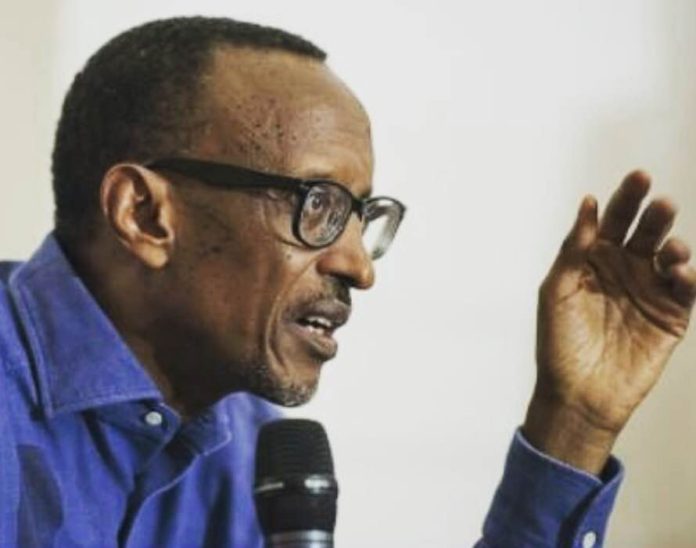The IHS CERAWeek 2016 being held in Houston, Texas is huge. The Conference whose theme is “Energy Transition: Strategies for a New World” covers many topics, too, including global markets, technology, competitive strategies, industry structure, regulatory policy and geopolitics. Participants are essentially leaders and executives in oil, natural gas, power, coal, nuclear and renewable energy industries.
The President of Mexico, Enrique Peña Nieto, gave the opening remarks on February 22, 2016. He also received the prestigious IHS CERAWeek Global Energy Lifetime Achievement Award. This Award was given the Mexican President in recognition of his leadership in transforming Mexico’s energy industry which the organizers of the conference explain as follows: “No country has more profoundly modernized every aspect of its energy sector — from oil and gas, to power and renewable energy, to the sale of refined products — in such a short time…Already these changes are bringing lower electricity prices to the Mexican people. They promise to capture the best technologies to restore Mexico’s position as a world leader in oil and gas. It took profound leadership to put Mexico on this course and to make this transformation real. For this we honor President Enrique Peña Nieto.”
So what is Kagame going to do at this conference? What has he delivered to Rwandans energy-wise? What is his “leadership” with regards to energy?
Kagame has nothing to offer. And he has nothing to gain either. Interestingly, his own newspaper, The New Times, says so. In an editorial of February 23, 2016 titled “Affordable energy is what the people need,” the newspaperreminded its readers that energy consumption in Rwanda “is mostly dominated by biomass (firewood) which accounts for over 86% of its needs.” This is of course true — electricity in Rwanda accounts for 4% while petroleum supplies the remaining 11%. And Kagame shamelessly goes around the world boasting how he has built an economic lion in Rwanda.
Noting that among options the Kagame regime has examined in order to dig itself out of the deep hole include solar, peat, wind power, Liquefied Petroleum Gas (LPG), thermal, and methane gas, the editorial utters another astonishing statement. It says:
“But those options will hardly address the immediate energy needs of the majority of the population who rely on firewood and charcoal for their domestic use. Even the middle class, who in normal circumstances would have shifted to using cleaner sources of energy such as LPG for cooking, find it extremely challenging because the cost is well beyond their means.”
The New Times does not stop there. It adds:
“There was a time when energy efficient cooking stoves were being aggressively promoted, but that campaign seems to have run out of steam. But even then, it would not have put an end or drastically reduced the dependence of fossil fuels, but whatever the case, it would have made a difference.”
The New Times editorial writers conclude with another bombshell. They remind the regime to end stories and deliver energy — in their own words, what Rwandans “want is food on their table and affordable means to cook it.”
Let us see what Kagame says at the Houston Conference. He is scheduled to speak at a plenary called “Presidential Dialogue” on Thursday 25, 2016, at 15:45 to 16:10. That is right — Kagame will travel over 13,464 km from Kigali to Houston to speak for 25 minutes. Embarrassingly, he will arrive on Day 4 when most relevant topics have been concluded and the conference is about to close.
Methinks there is a hidden agenda here— Kagame the President of Rwanda chatters the executive jet that transports him from Kagame the Chairman of RPF/ Crystal Ventures Ltd. I can smell some serious cash in this lengthy trip.
About the author:
David Himbara is an educator, political economist, and author based in Toronto, Canada. He teaches and works in the field of development and competitiveness.
































































